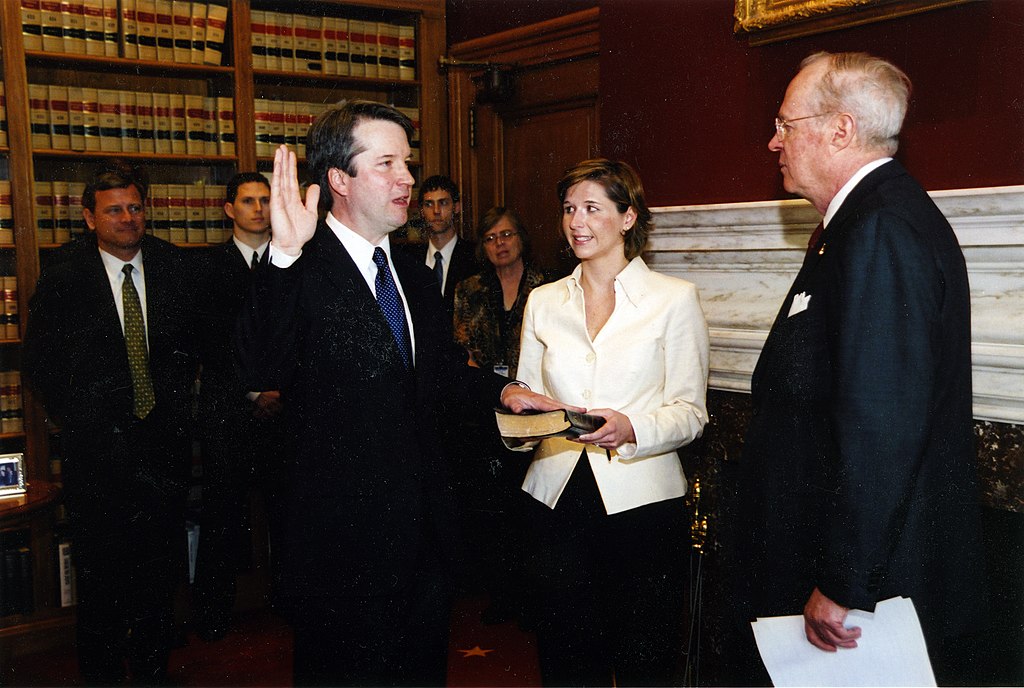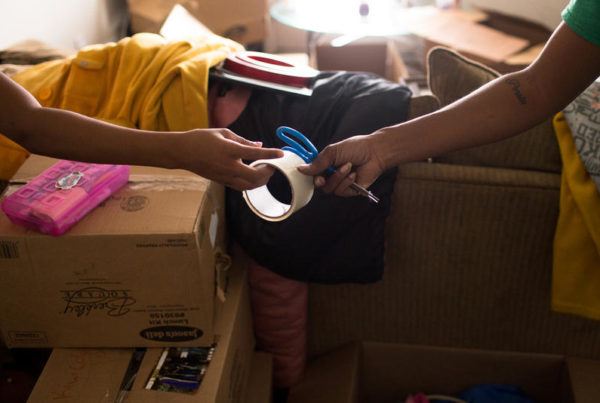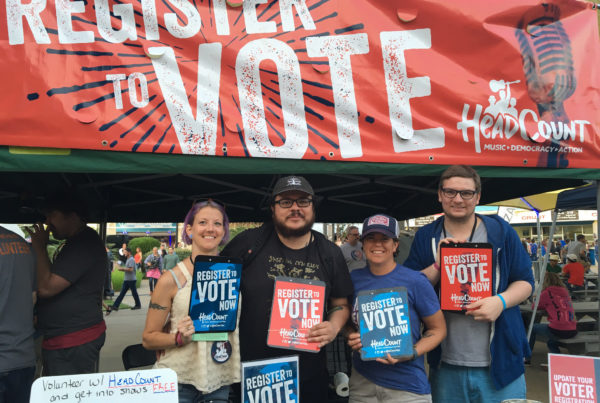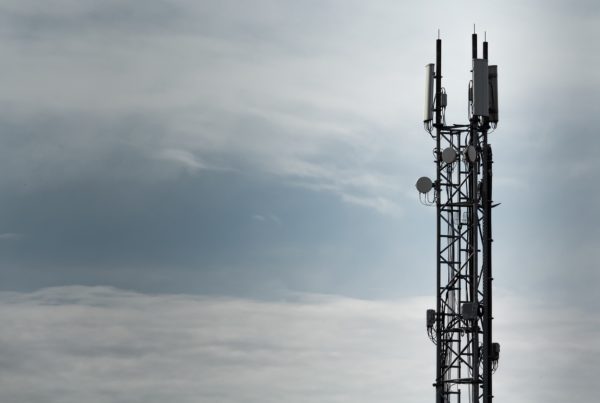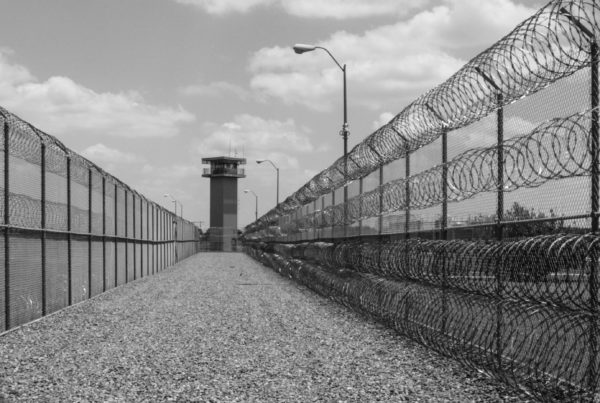Republican senators who have, in the past, voiced full-throated support for Supreme Court nominee Brett Kavanaugh, are now wavering as more women come forward with allegations against him. Earlier this week, Deborah Ramirez, who attended Yale when Kavanaugh did, told The New Yorker that Kavanaugh exposed himself to her at a dormitory party. And on Wednesday, in an anonymous letter to Republican Sen. Cory Gardner of Colorado, a woman reported that her daughter witnessed Kavanaugh drunkenly push her friend, a woman he was dating, up against a wall “very aggressively and sexually” after they left a bar one night in 1998. The New York Times reported that allegation.
But today’s testimony will give Kavanaugh’s first accuser a chance to speak. Christine Blasey Ford, a psychology professor and researcher in California, is telling the Senate Judiciary Committee that a drunken Kavanaugh assaulted her when they were both teenagers at a party.
In statements prepared for today’s hearing, Blasey Ford spoke of the struggle to have to “relive my trauma in front of the entire world.” She goes on to say, “My motivation in coming forward was to provide the facts about how Mr. Kavanaugh’s actions have damaged my life, so that you can take that into serious consideration as you make your decision about how to proceed.” Kavanaugh is also testifying today and is expected to repeat his adamant denial of the accusations.
Lynne Rambo is a professor of law at Texas A&M University. She teaches both constitutional law and evidence law.
“The [stories] that these women are telling don’t seem to be the types of stories that one would bring forward if they were fabricating,” Rambo says. “If I, or any of us were making up a story, the last thing we would do is place another man in the room to have witnessed it.”
The Senate Judiciary Committee proceedings are not part of a criminal case, or any kind of legal case, subject to rules of evidence.
“The senators are free to exercise their discretion as they see fit,” she says.
Rambo says that despite the lack of a rigorous standard of evidence in the Senate, it doesn’t mean that Kavanaugh or Blasey Ford will face an unfair process as they testify.
“We are … a country where a single citizen can hear something in the news about a person who is up for the Supreme Court and contact legislators, and end up in this position, bringing forth a piece of information that is critical to considering whether someone ought to be on the Supreme Court of the United States,” she says.
Rambo says the notion of due process is also often misunderstood when it comes to Kavanaugh’s nomination, or whether his accuser is afforded an opportunity to make her case.
“This man is not going to jail at the end of this,” Rambo says. “The most that is going to happen is that he’s going to be deprived of this seat. So, the process that he’s due is not necessarily the process that’s due in a criminal trial.”
Rambo says it seems odd that the hearings do not include testimony from all witnesses, and that senators are moving so quickly.
“For the life of me, that does not seem to be a justice-seeking process, and I find that problematic,” she says.
Written by Shelly Brisbin.


